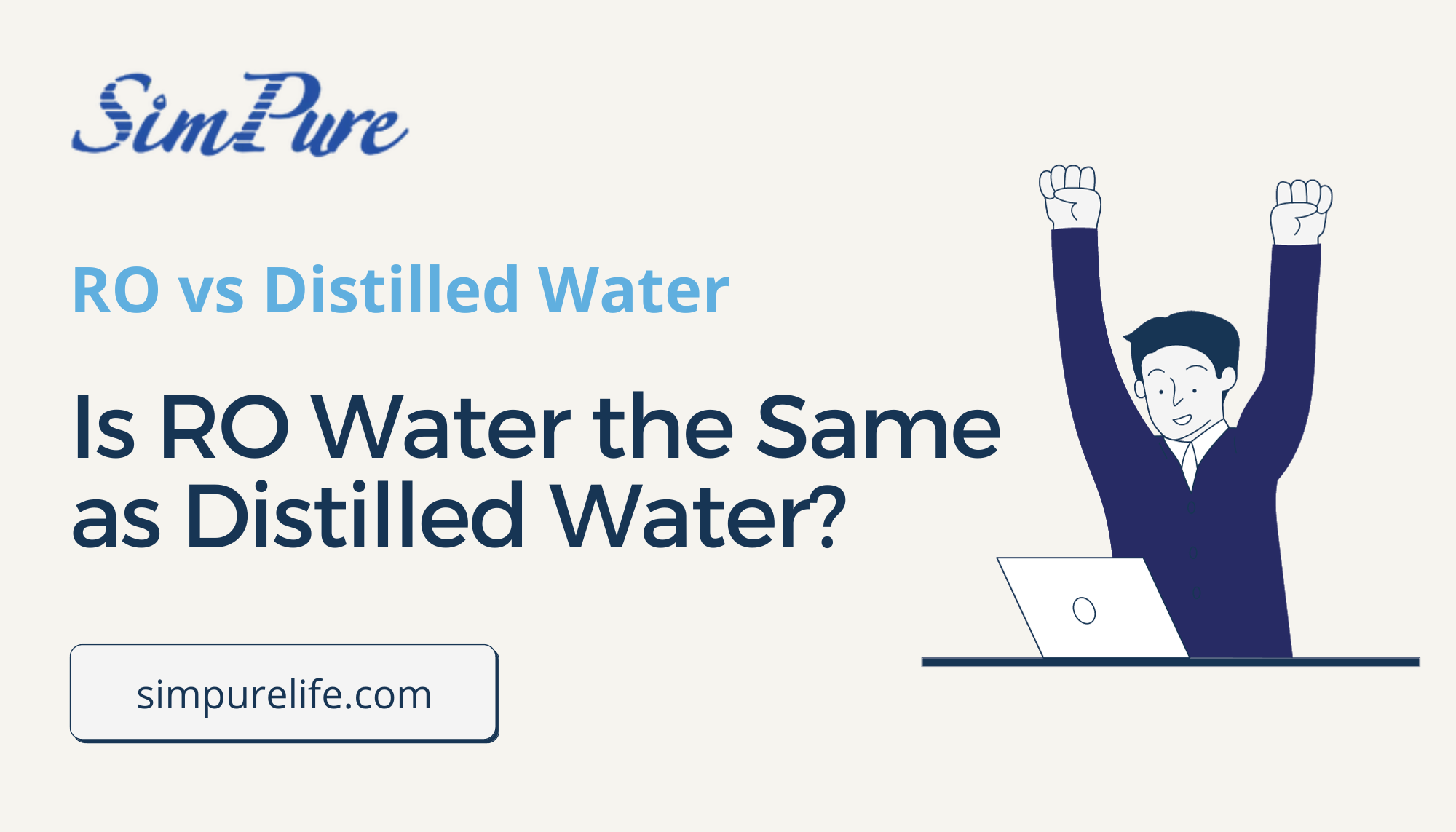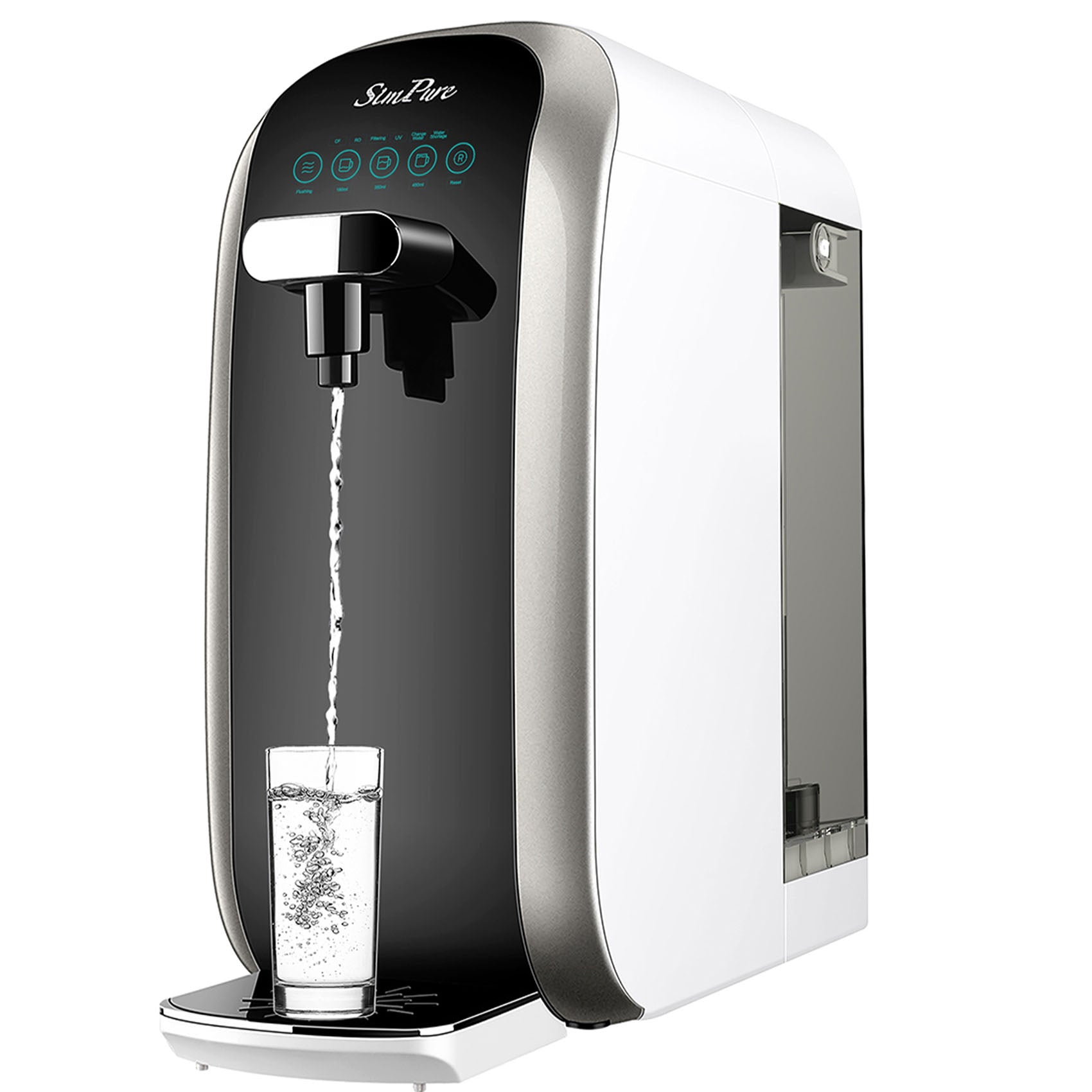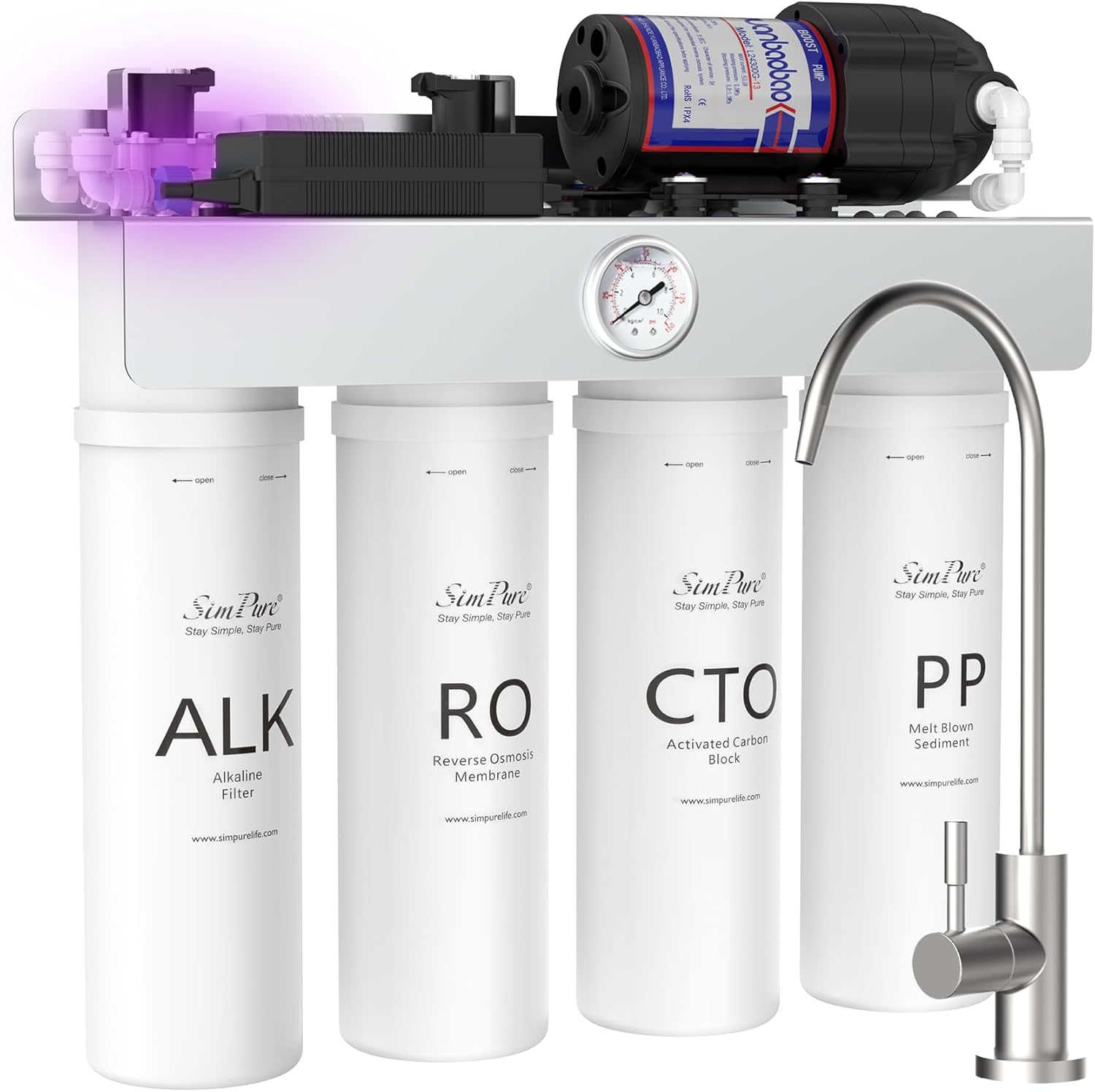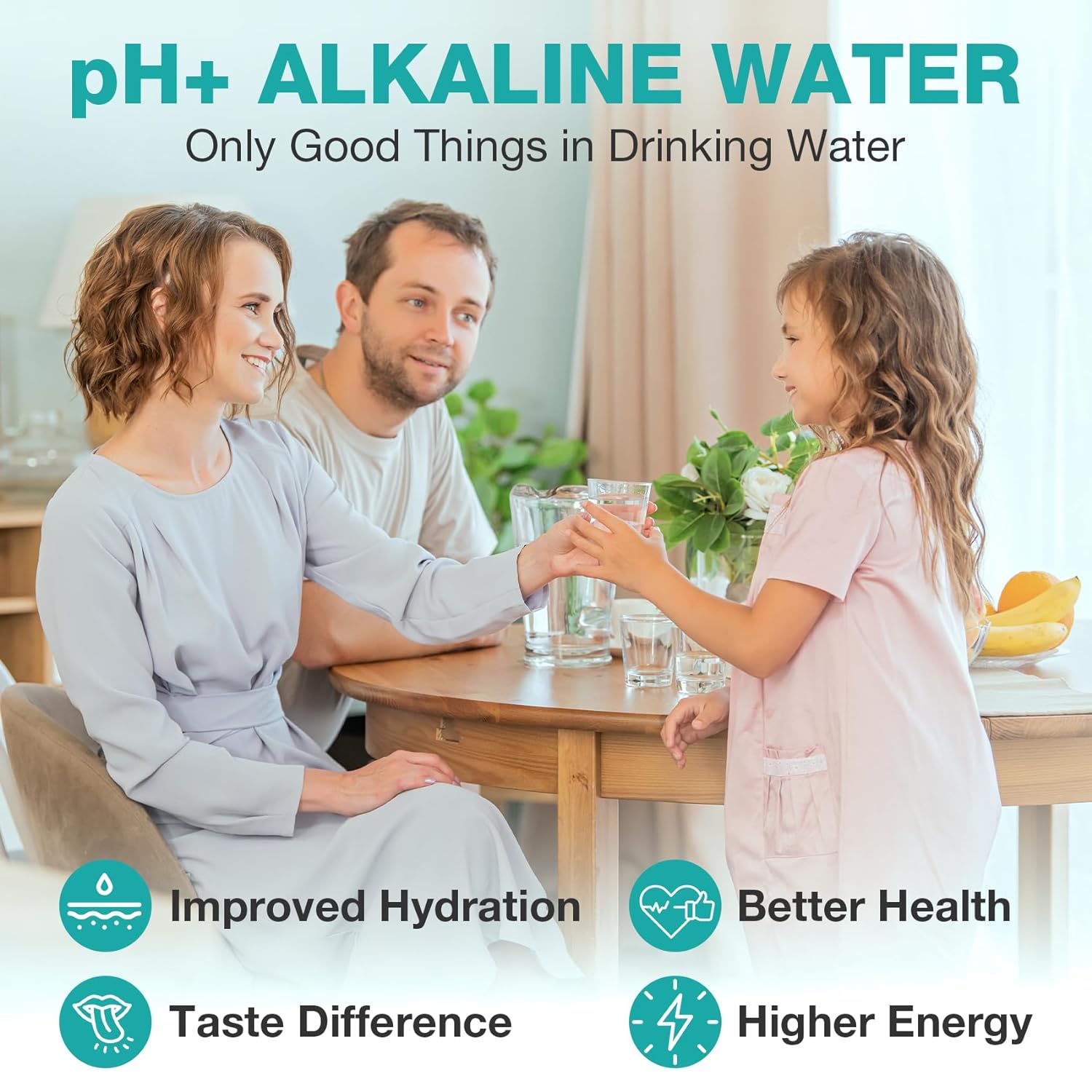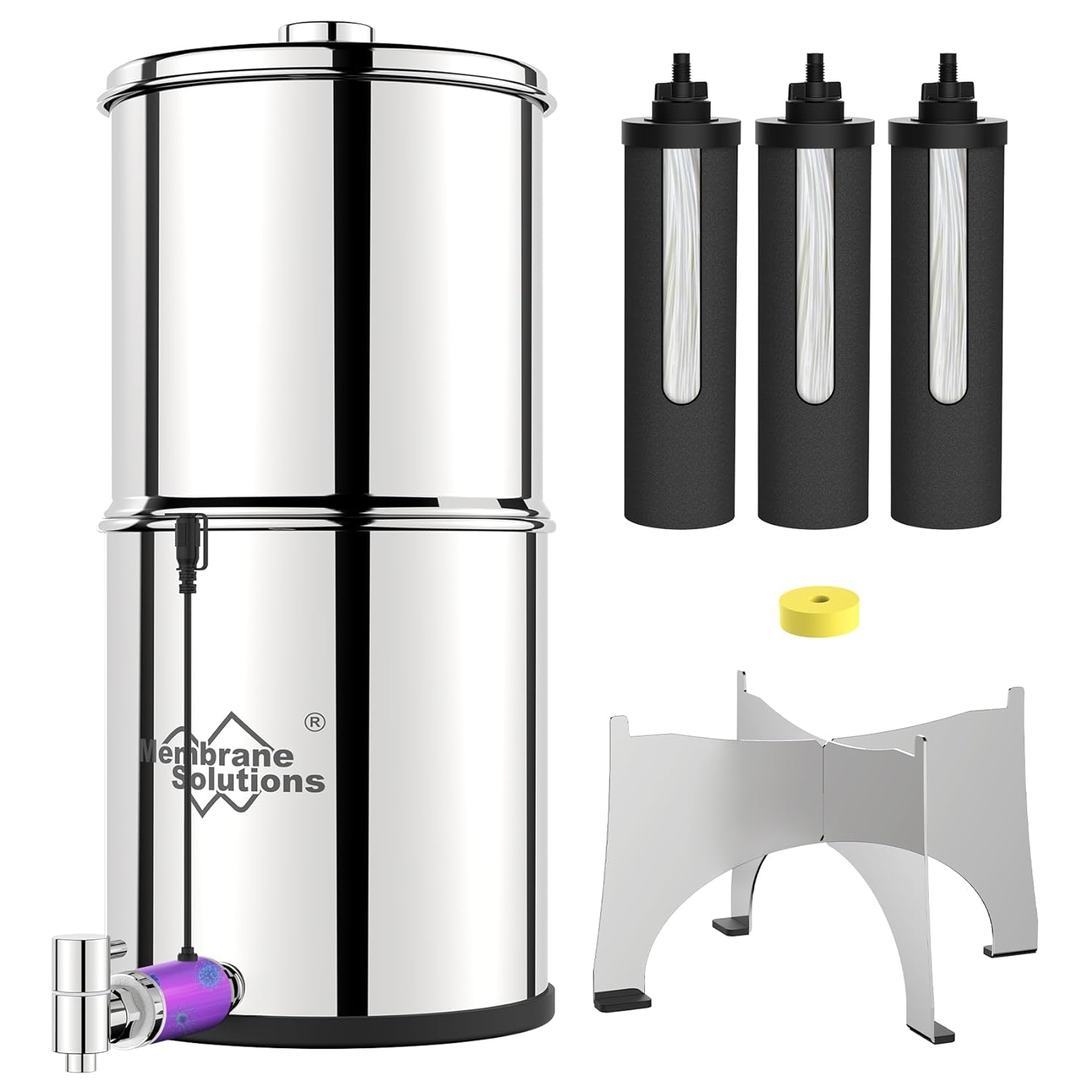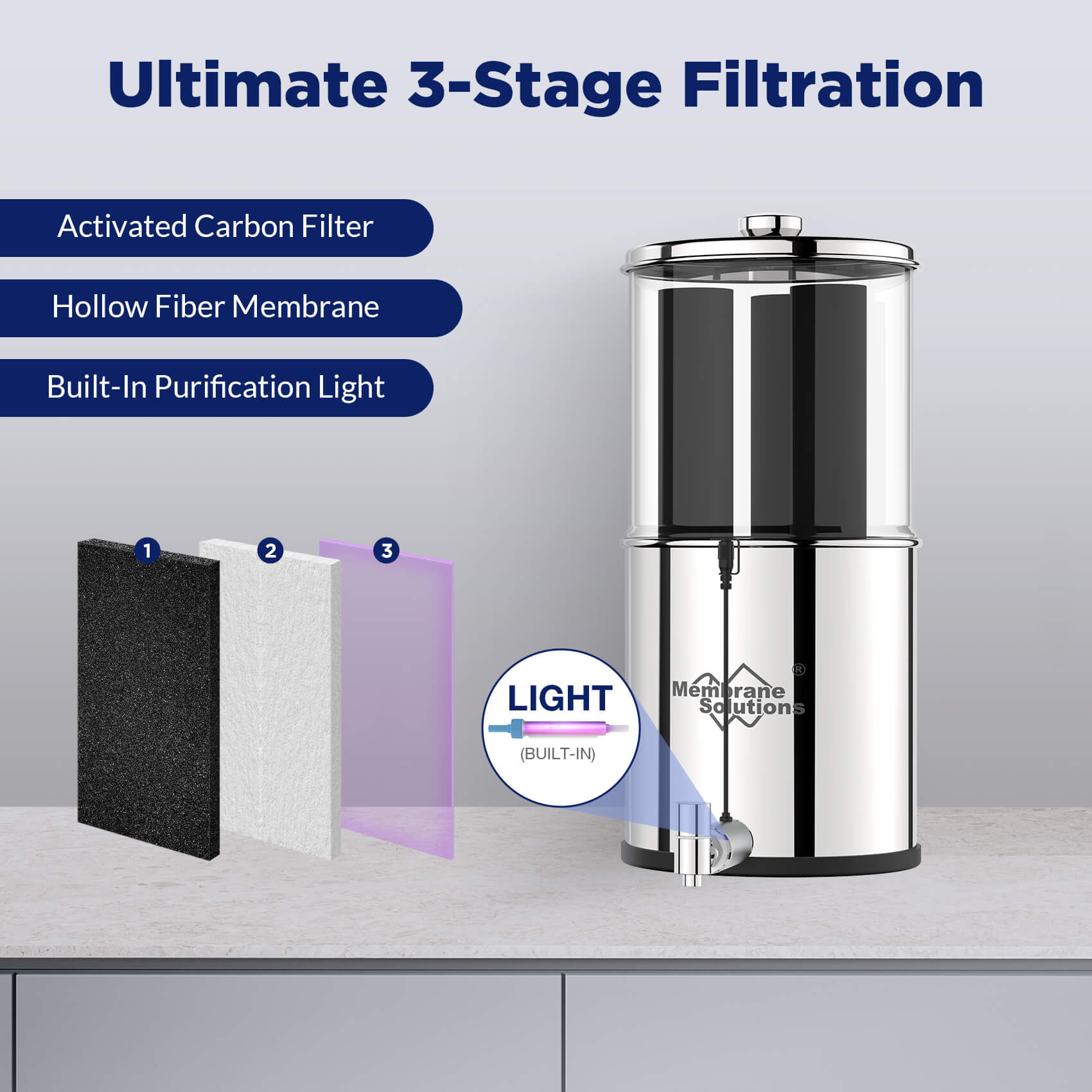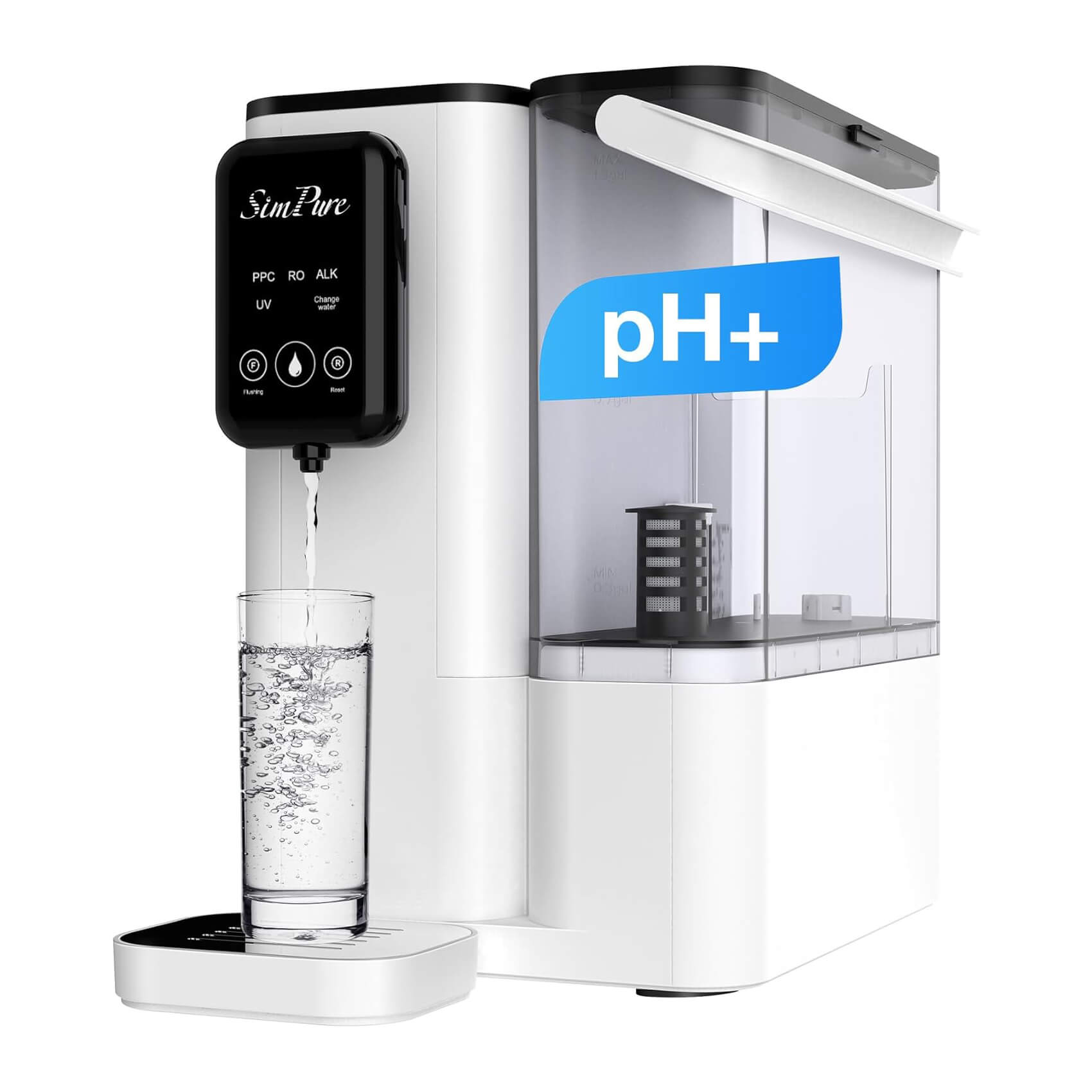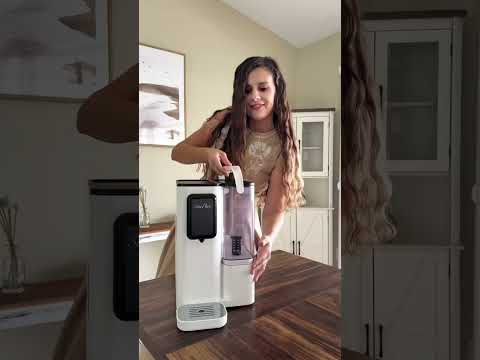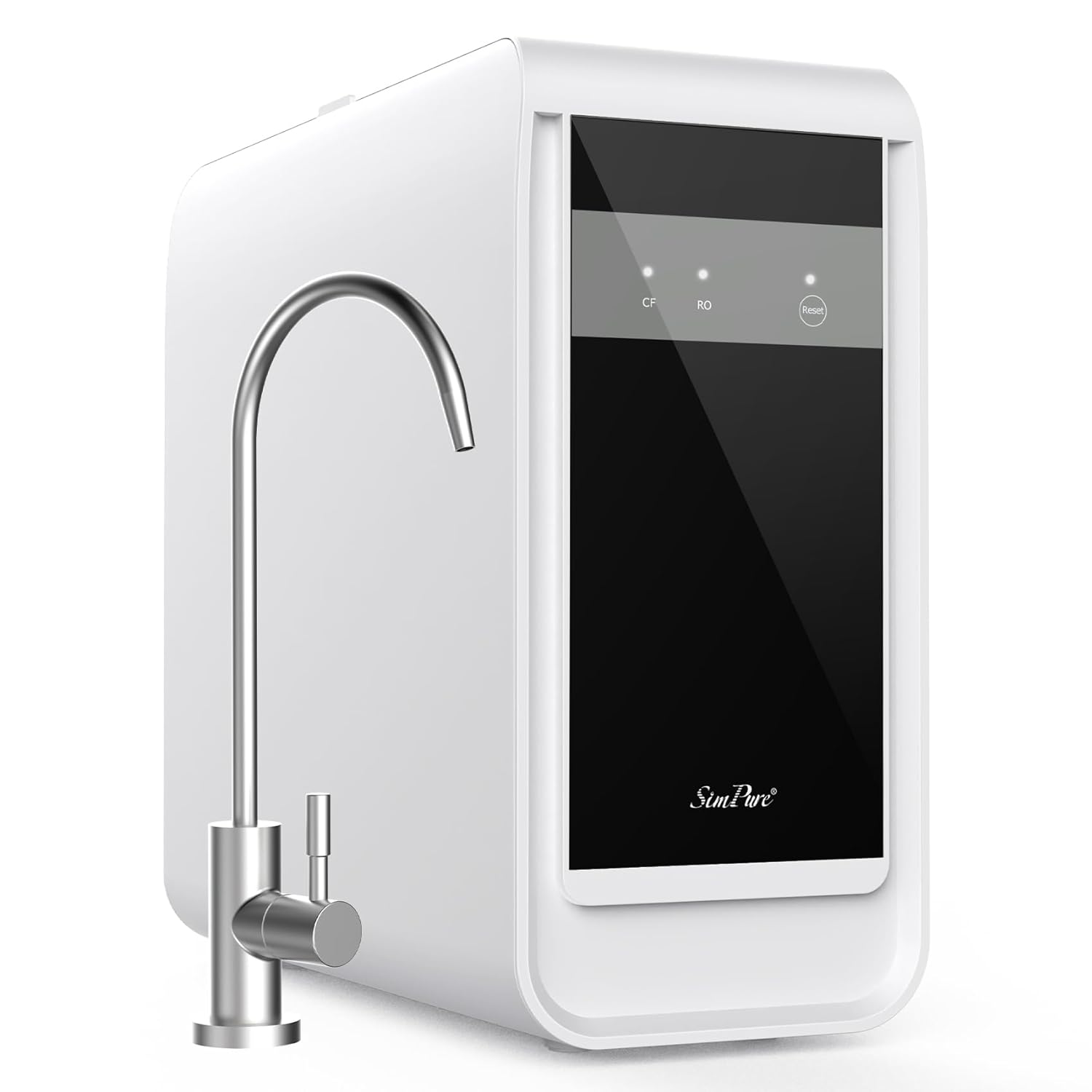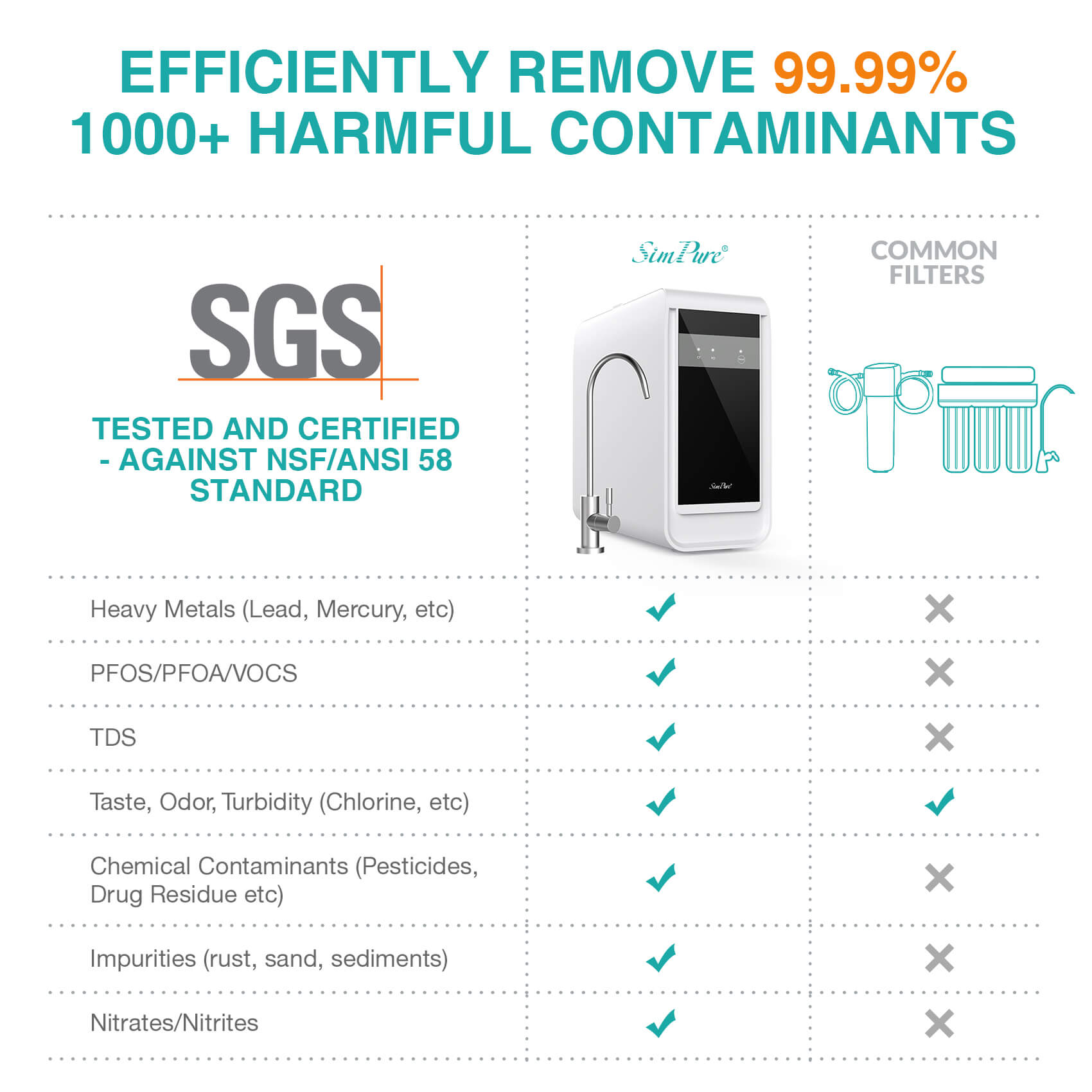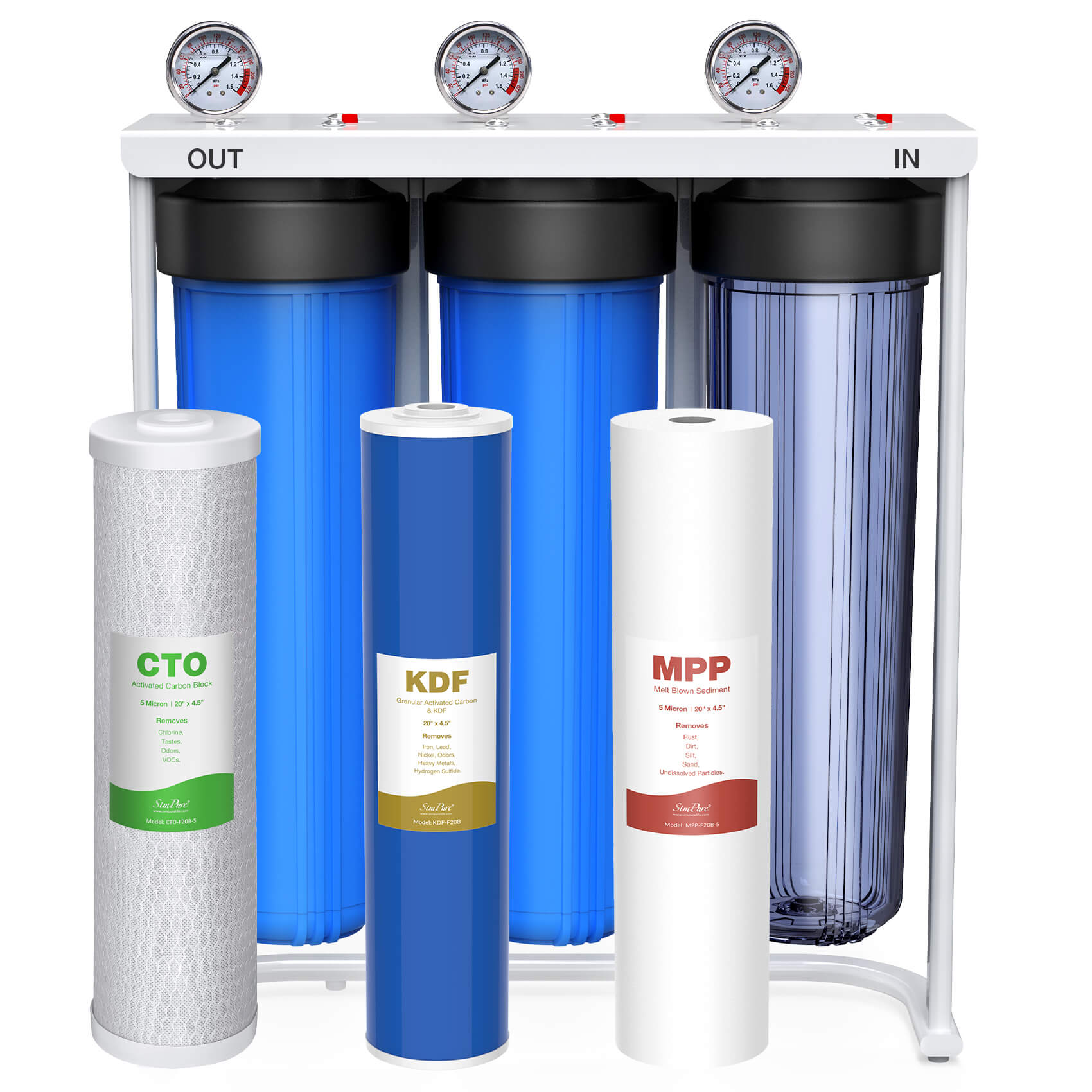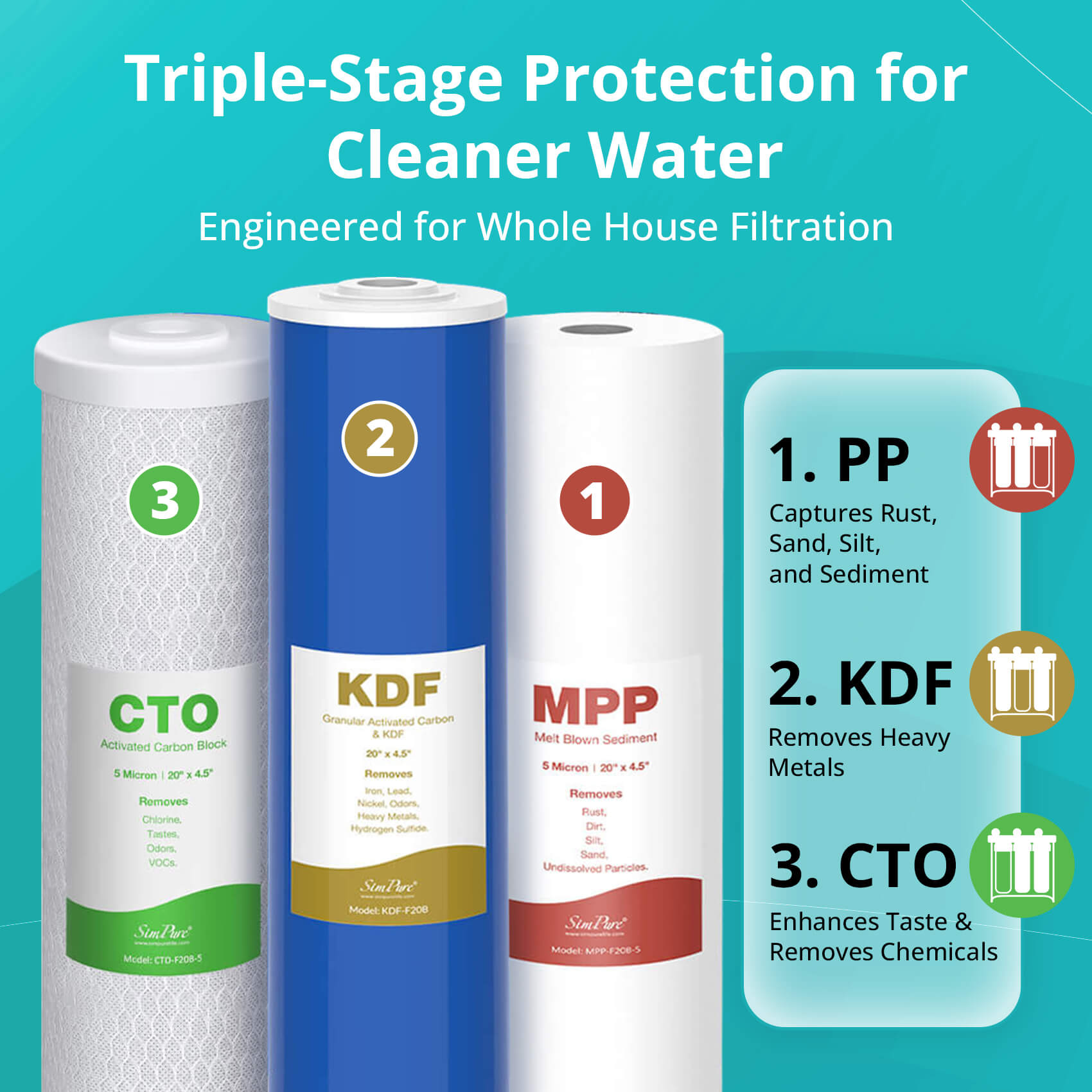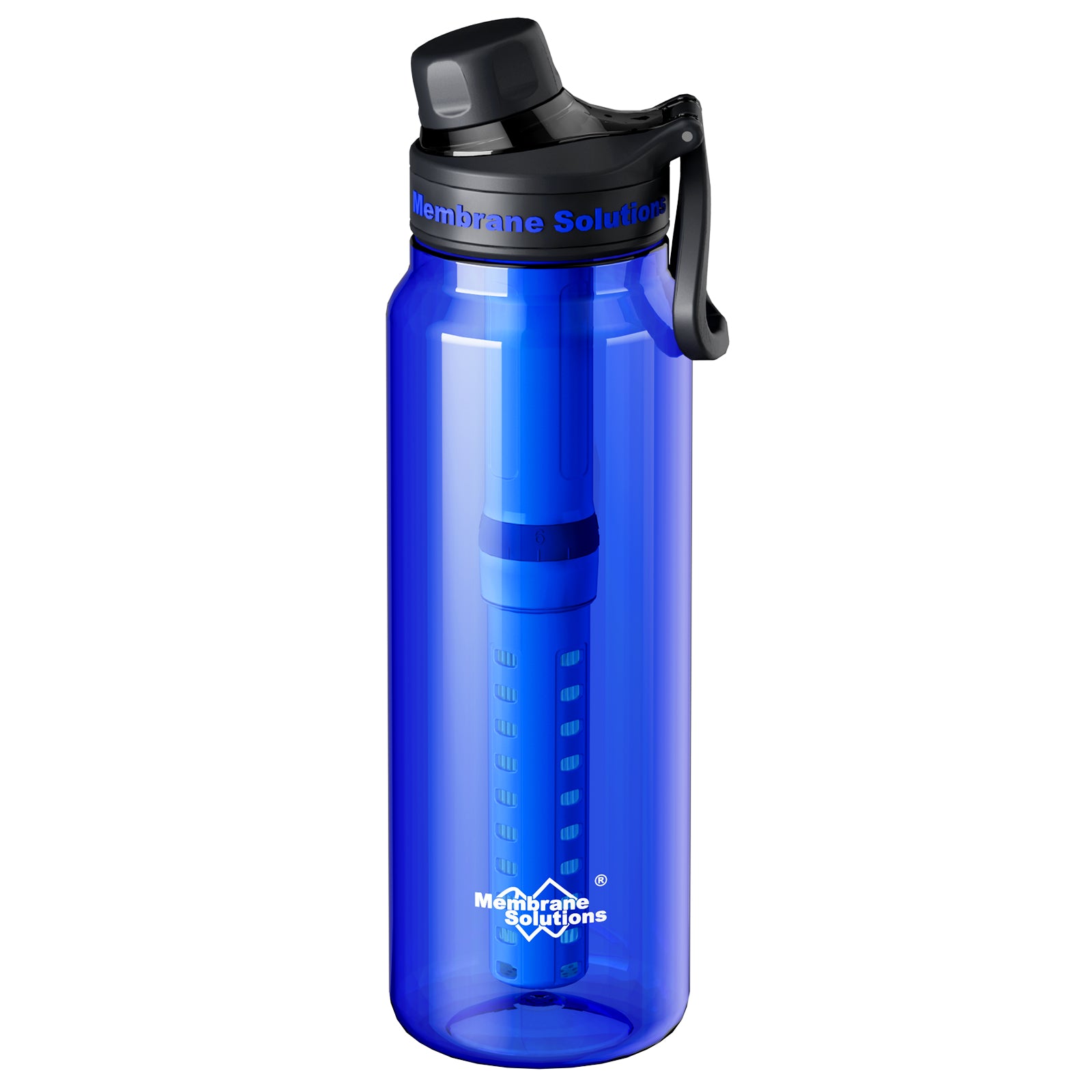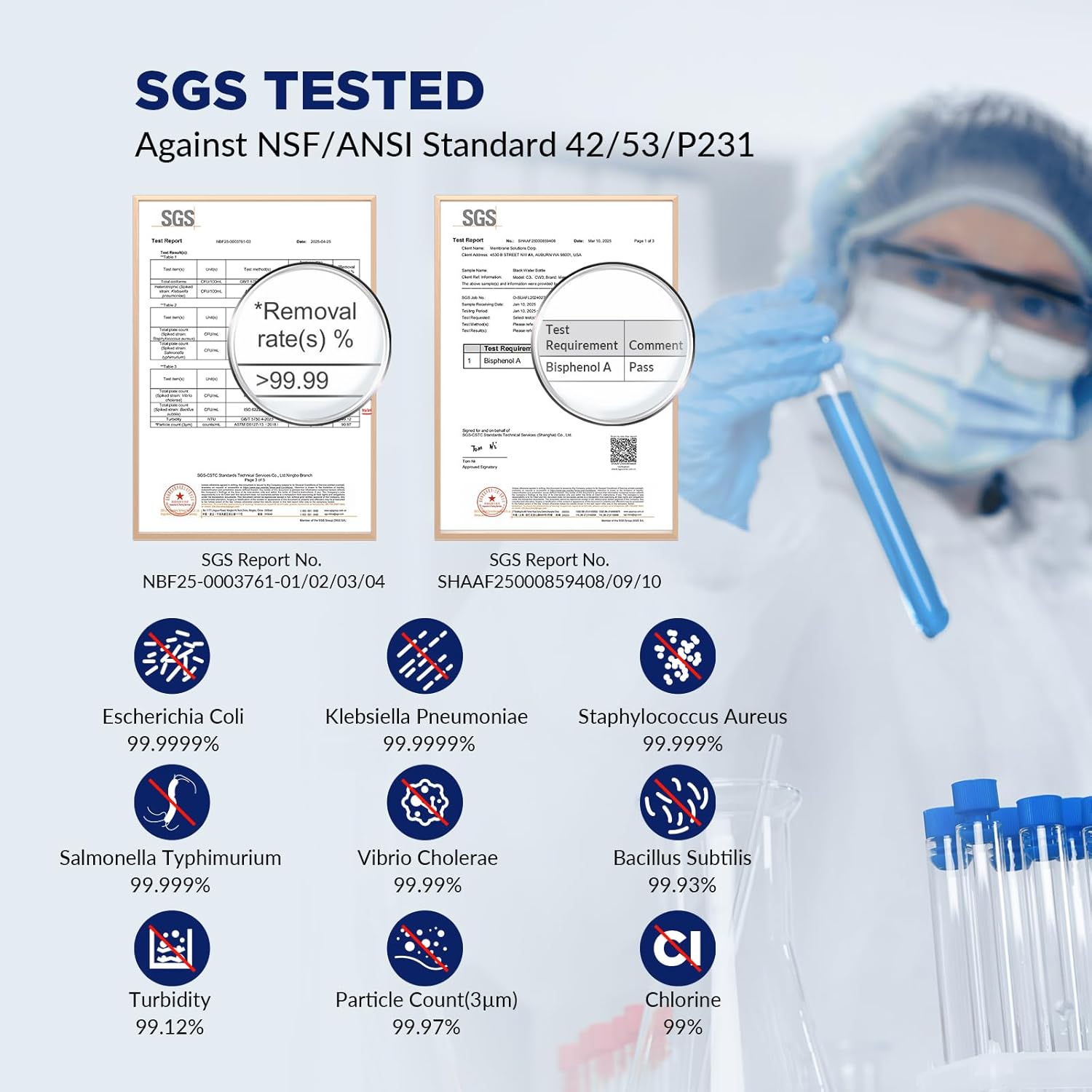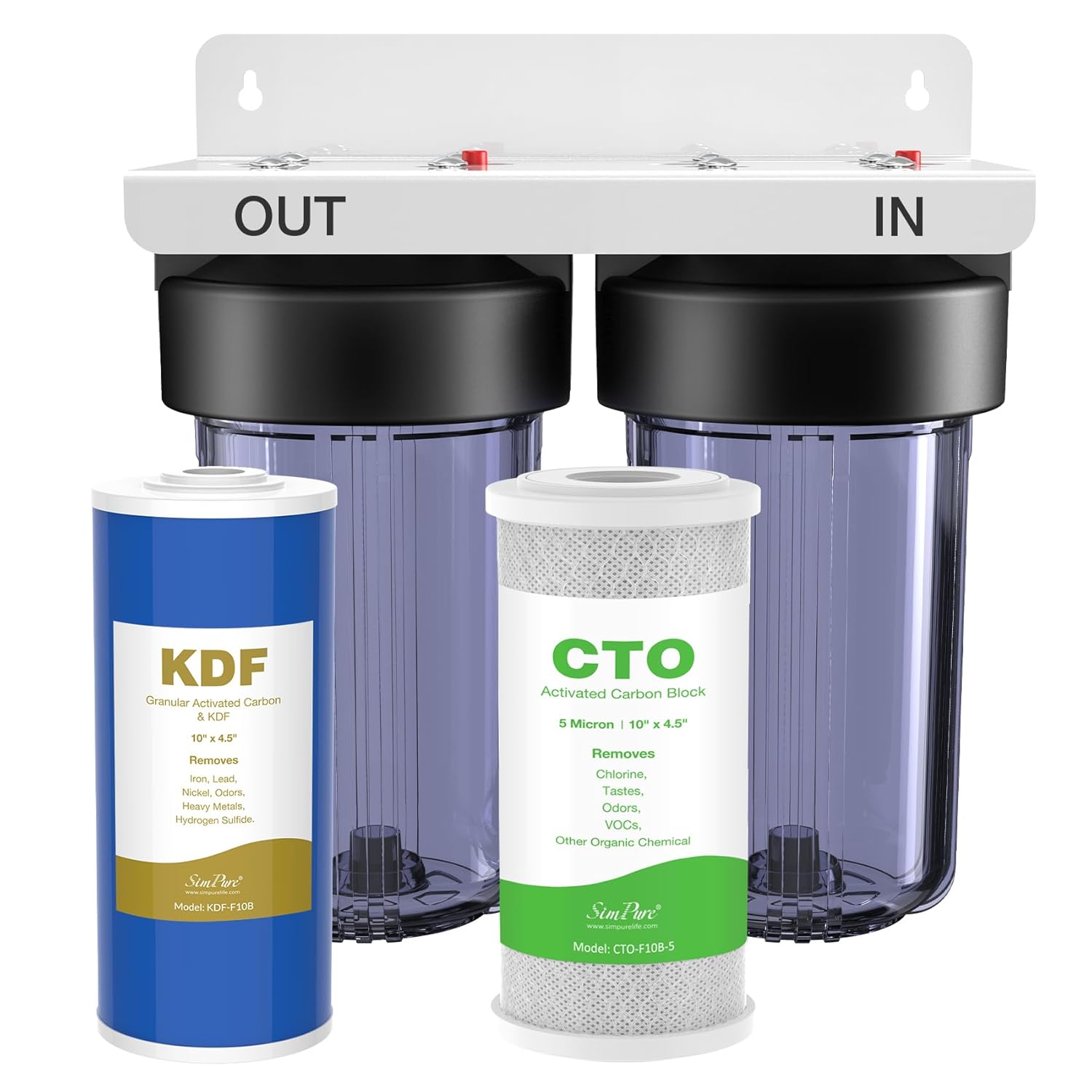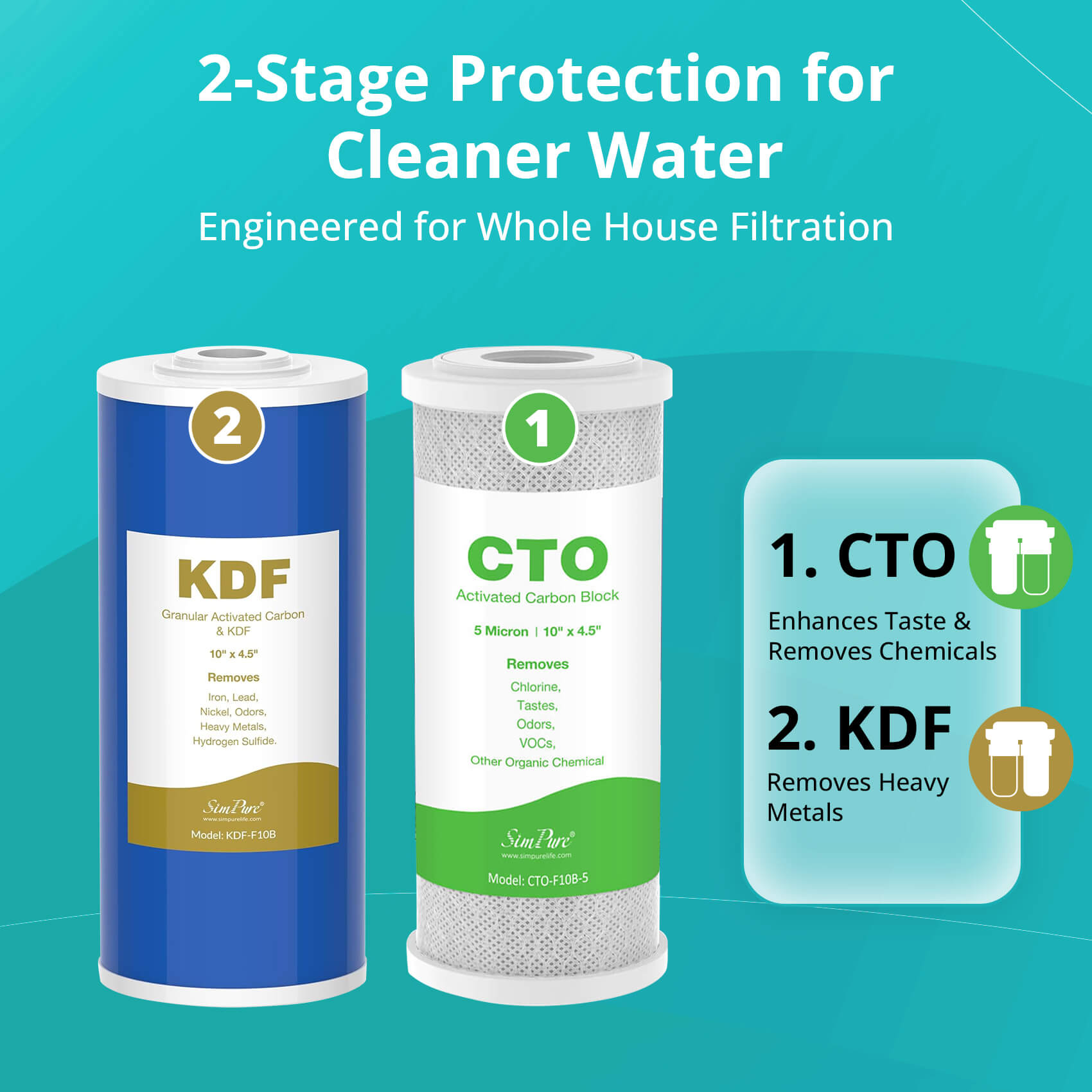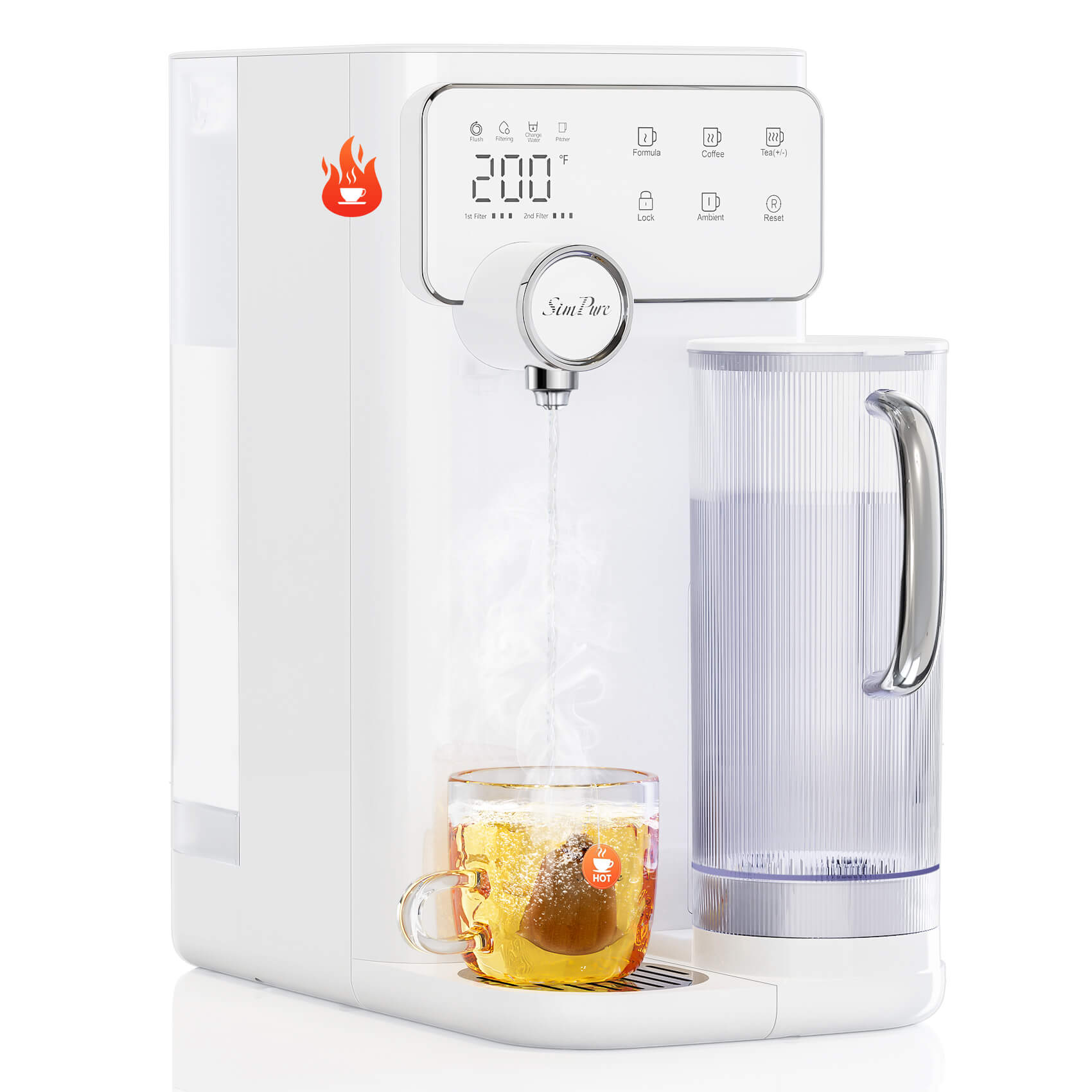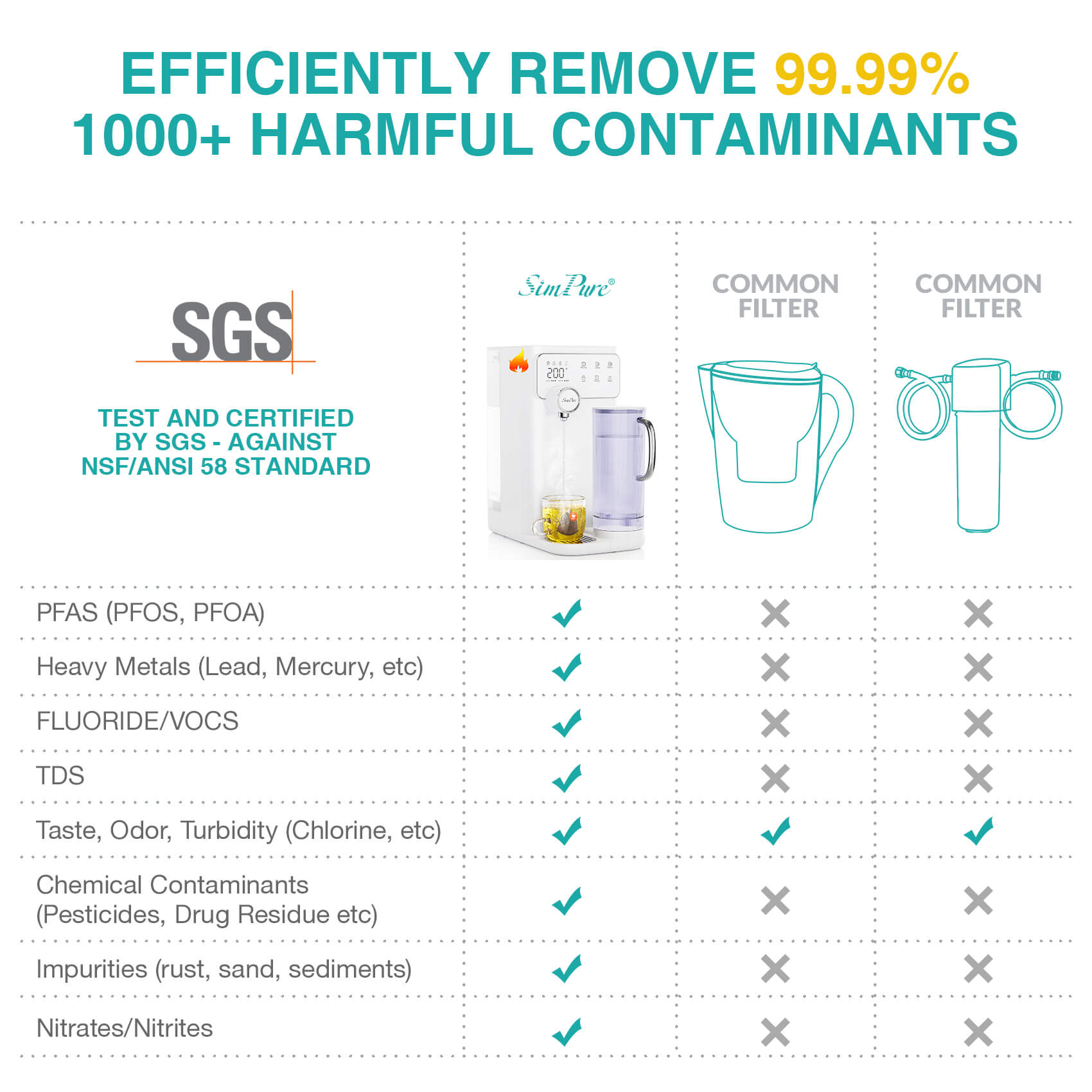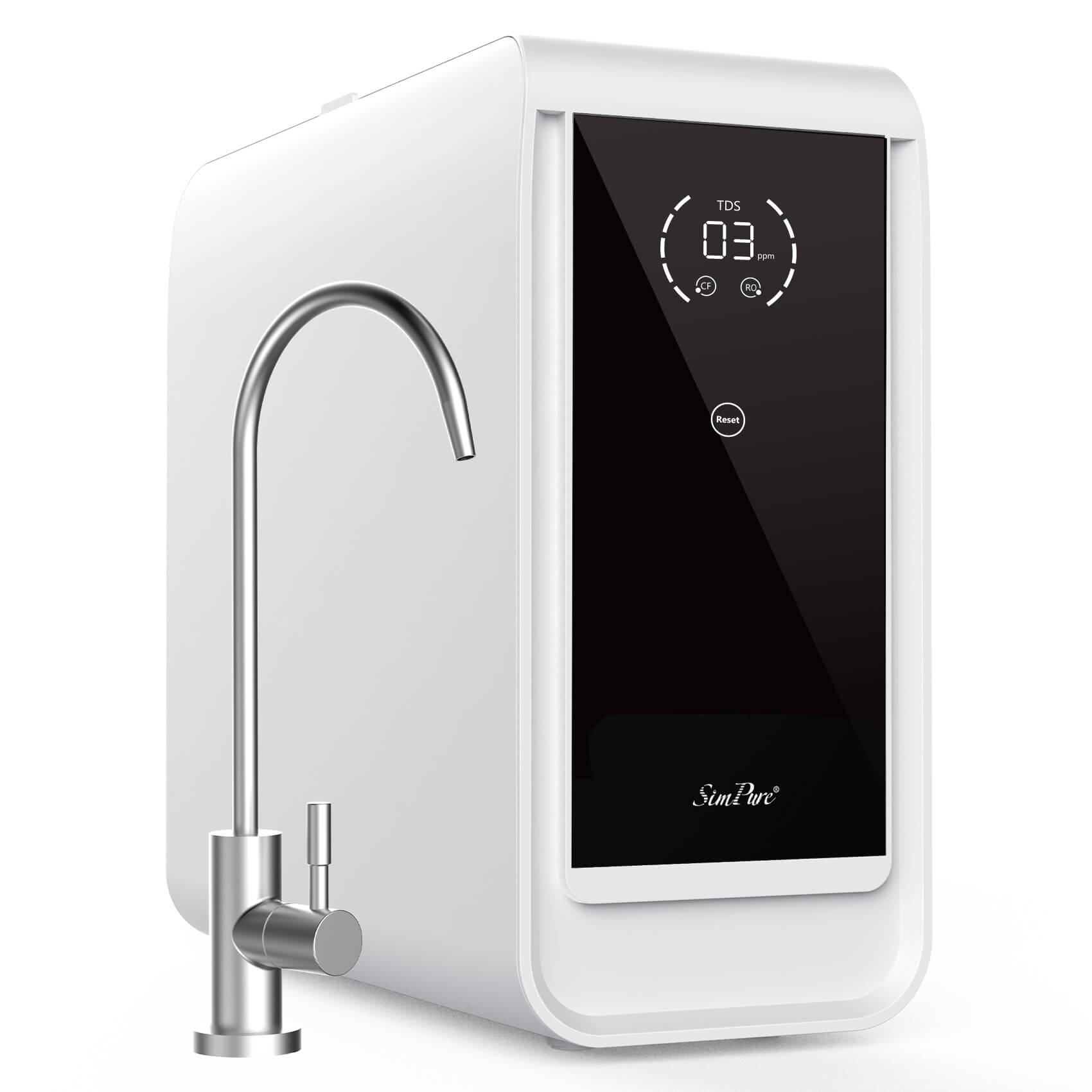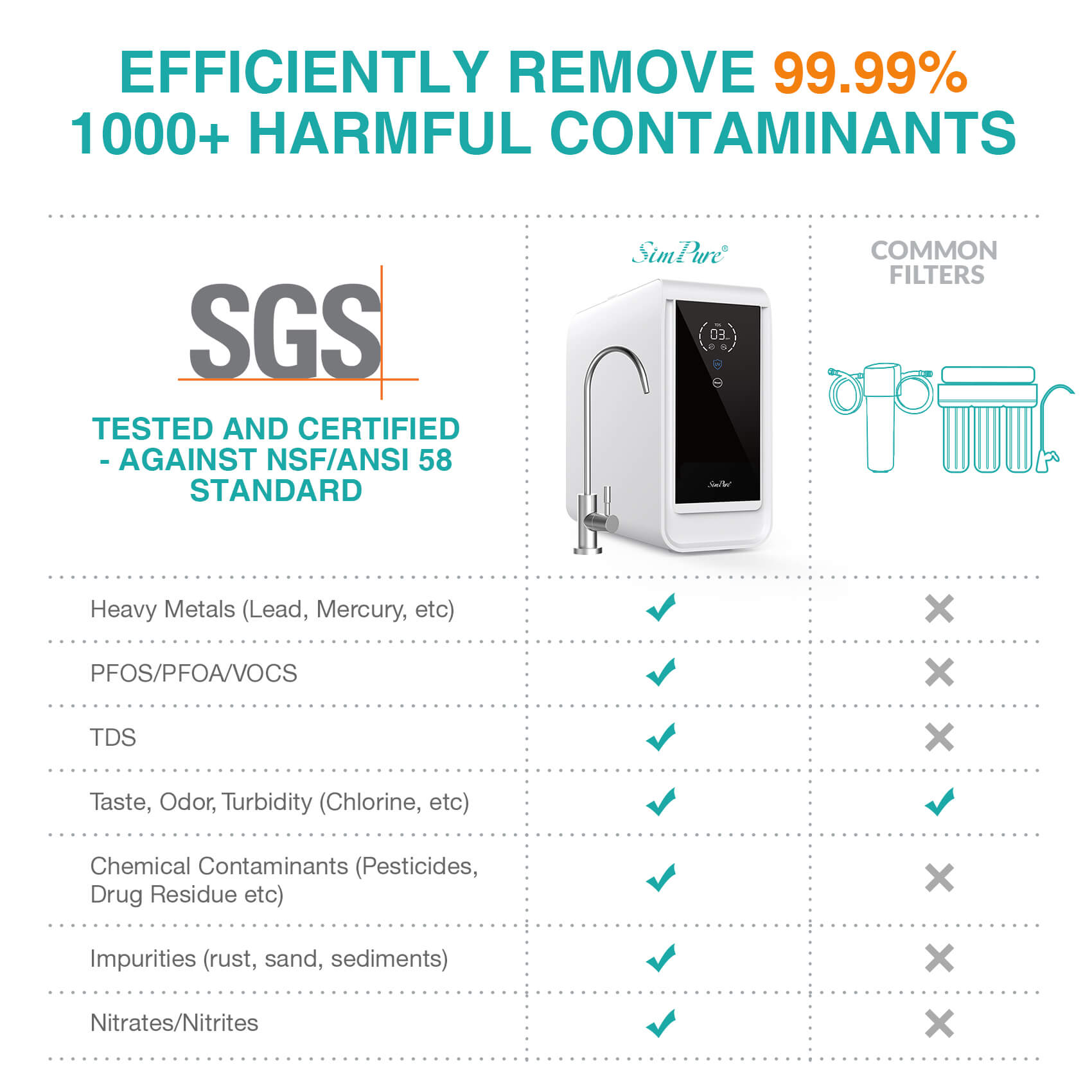Is ro water the same as distilled water? I think many people will have such doubts. Reverse osmosis vs distilled water, you have to figure out their definitions and differences. When deciding which water purification method to use, it is important to be clear about your priorities and the quality of water you need. Although distilling water is an older method of purifying water, it is not suitable for filtering drinking water at home. Reverse osmosis water is a new technology in the purification industry with high filtration efficiency. Understanding the difference between reverse osmosis and distilled water will help you choose a better purification method.
1. Distilled Water vs RO Water: What Is Distilled Water?
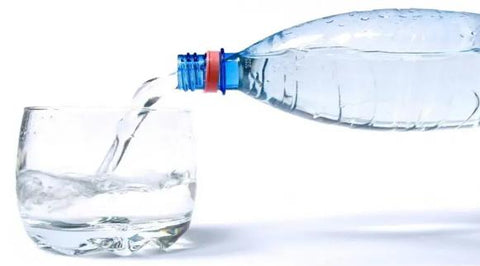
Distilled water is water obtained by vaporizing H2O and then partially condensing and separating the vapor by utilizing the difference in volatility of each component in the liquid mixture.
Distilled water is the most commonly used pure water in laboratories. Distilled water can remove most impurities from water, except some organics and volatile impurities such as carbon dioxide,silica, ammonia. Fresh distilled water is sterile, but bacteria are easy to multiply after storage, so it is not recommended to store for a long time.
2. Reverse Osmosis vs Distilled Water: What Is Reverse Osmosis Water?
Reverse osmosis water is made of pure water through reverse osmosis membrane under the action of pressure. Reverse osmosis membrane can effectively remove impurities such as dissolved salts, viruses, bacteria, colloids, bacterial endotoxins and most organic substances in water, overcoming many shortcomings of distilled water and deionized water, and the desalination rate of a good reverse osmosis membrane can reach approx. 99%, but the reverse osmosis membranes produced by different manufacturers have a great influence on the quality of reverse osmosis water.
3. Then Is Reverse Osmosis Water the Same as Distilled Water?
Is RO water the same as distilled water? Both reverse osmosis and distillation can produce deionized water, also known as pure water. Under certain preconditions, reverse osmosis deionized water and distilled water can achieve the same water quality, but the conductivity of distilled water is lower than that of reverse osmosis water, and the resistivity of reverse osmosis pure water. Generally, it is between 0.1MΩ*CM and 1MΩ*CM, and the resistivity of distilled water is generally around 1MΩ*CM. Moreover, distilled water is pure water. Due to the problem of filtration accuracy, reverse osmosis is more or less pure than distilled water. So reverse osmosis water and distilled water is not the same. RO water is a little bit different from distilled water.
4. Difference Between Reverse Osmosis Ro Water and Distilled Water
①Different concepts
RO water (Reverse Osmosis Water) is also called pure water, that is, water filtered by reverse osmosis membrane. Distilled water refers to water that has undergone distillation and condensation operations.
②The difference in producing process
Reverse osmosis water is water obtained by removing impurities in water through reverse osmosis method using membrane separation. Distilled water is produced by distillation, that is evaporation, condensation and some other certain measures.
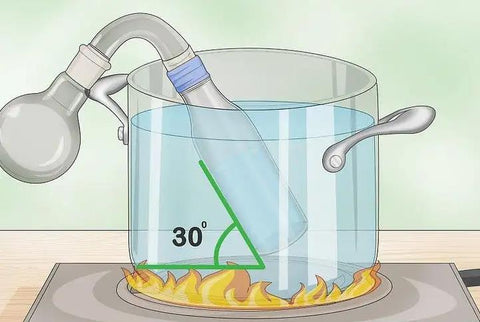
③Differences in composition
Reverse osmosis water can effectively remove more than 95% of ionic impurities such as dissolved salts, viruses, bacteria, colloids, bacterial endotoxins and most organic substances in water, while distilled water will contain some inorganic salts and organic substances.
④Different production costs
The production process of reverse osmosis water has low energy consumption, fast water production, safety, pure physical process and no chemical reaction. Therefore, it is more economical and practical production cost is low. The preparation of distilled water is extremely energy-intensive, consumes water, and the water production speed is slow, and the processing cost is much higher than that of reverse osmosis water.
5. Distilled Water vs RO Water: Pros and Cons
Reverse Osmosis Water Pros
①Reverse osmosis membrane technology, with a filtration accuracy of 0.01 microns, it can filter impurities, hammers, colloids and other impurities in water, and can filter out water, alkali and heavy metals in water.
②Thoroughly purify high-hardness water and water with high toxicity such as fluorine, lead, and manganese.
③Users can get fresh weak alkaline water directly by purifying tap water. Ready to use, convenient and fresher.
The disadvantage of reverse osmosis water is that ro membranes and other filter materials of reverse osmosis water filters have a service life and need to be replaced regularly, otherwise it will directly affect the filtration effect.
Click the picture below to Buy SimPure Y7P countertop reverse osmosis water filter to get safe and clean reverse osmosis water!
Distilled Water Pros
①Reduce the chance of spreading diseases, water through efficient distillation process can remove various disease microorganisms and various types of bacteria and viruses in water. Therefore, drinking distilled water can reduce the chance of spreading diseases.
②Reduce the risk of harmful chemicals: It is well known that ordinary drinking water sources contain a large amount of harmful chemicals. The process of distilling ordinary drinking water can remove harmful chemicals and effectively reduce the chance of individuals ingesting harmful chemicals. Therefore, the distillation of water is considered as an effective method to reduce harmful chemicals.
Distilled Water Cons
①Lack of minerals
The production process of distilled water removes all minerals, including essential minerals, including calcium and magnesium. This can lead to many health problems, and distilled water does not ensure replacement of all the essential nutrients and minerals lost from the body through urination or sweating. This restriction may result in distilled water not functioning as a replacement for all the essential minerals that the body loses.
②Increase the chance of possible contamination
The distillation process of water involves removing all harmful components to make it completely safe to drink. However, in many of these cases it has been seen that distillation does lead to contamination, mostly in the containers in which the water is stored. Distilled water is often contaminated with chemicals and minerals, often from plastic containers stored in high temperature areas.
③Distillation typically removes parts per million of common mineral components such as sodium. However, distillation is difficult to remove low-boiling volatile chemicals.
In conclusion,differences between reverse osmosis and distilled water is obvious, they are just not the same. Both reverse osmosis water and distilled water have their own advantages and disadvantages. In fact, they target different impurities. when you consider reverse osmosis vs distilled water, you can choose the one that suits you best according to your water usage and drinking purpose.

